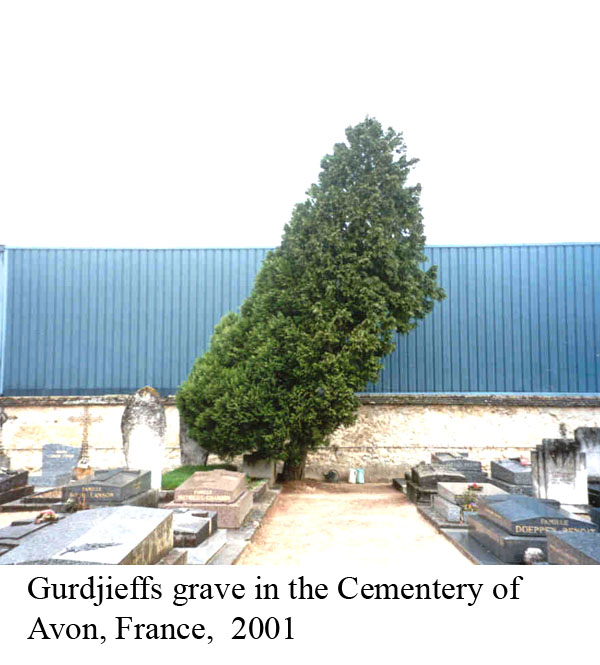- Petersburg: October1917.
- Bolshevik revolution.
- Return to G. in the Caucasus.
- G’s. attitude to one of his pupils.
- A small company with G. at Essentuki
- More people arrive.
- Resumption of work.
- Exercises are more difficult and varied than before.
- Mental and physical exercises, dervish dances, study of psychic
"tricks."
- Selling silk.
- Inner struggle and a decission.
- The choice of gurus.
- The decision to separate.
- G. goes to Sochi.
- A difficult time: warfare and epidemics
- Further study of the enneagram.
- "Events" and the necessity of leaving Russia
- London the final aim.
- Practical results of work on oneself feeling a new I,
"a strange confidence."
- Collecting a group in Rostov and expaunding G’s system.
- G., opens his Institute in Tiflis.
- Journey to Constantinople.
- Collecting people.
- G. arrives.
- New group introduced to G.
- Translating a dervish song.
- G. the artist and poet.
- The Institute started in Constantinople.
- G. authorises the writing and publishing of a book.
- G. goes to Germany.
- Decision to continue Constantinople work in London, 1921.
- G . organizes his institute at Fountainbleau.
- Work at the Chateau de la Prieure.
- A talk with Katherine Mansfield.
- G. speaks of different kinds of breathing.
- "Breathing through movements".
( See the Glassery)
- Demonstrations at the Theatre des Champs Elyssees, Paris.
- G.’s departure for America, 1924.
- Decision to continue work in London independently.
|
 Return
Chapter#17
Return
Chapter#17